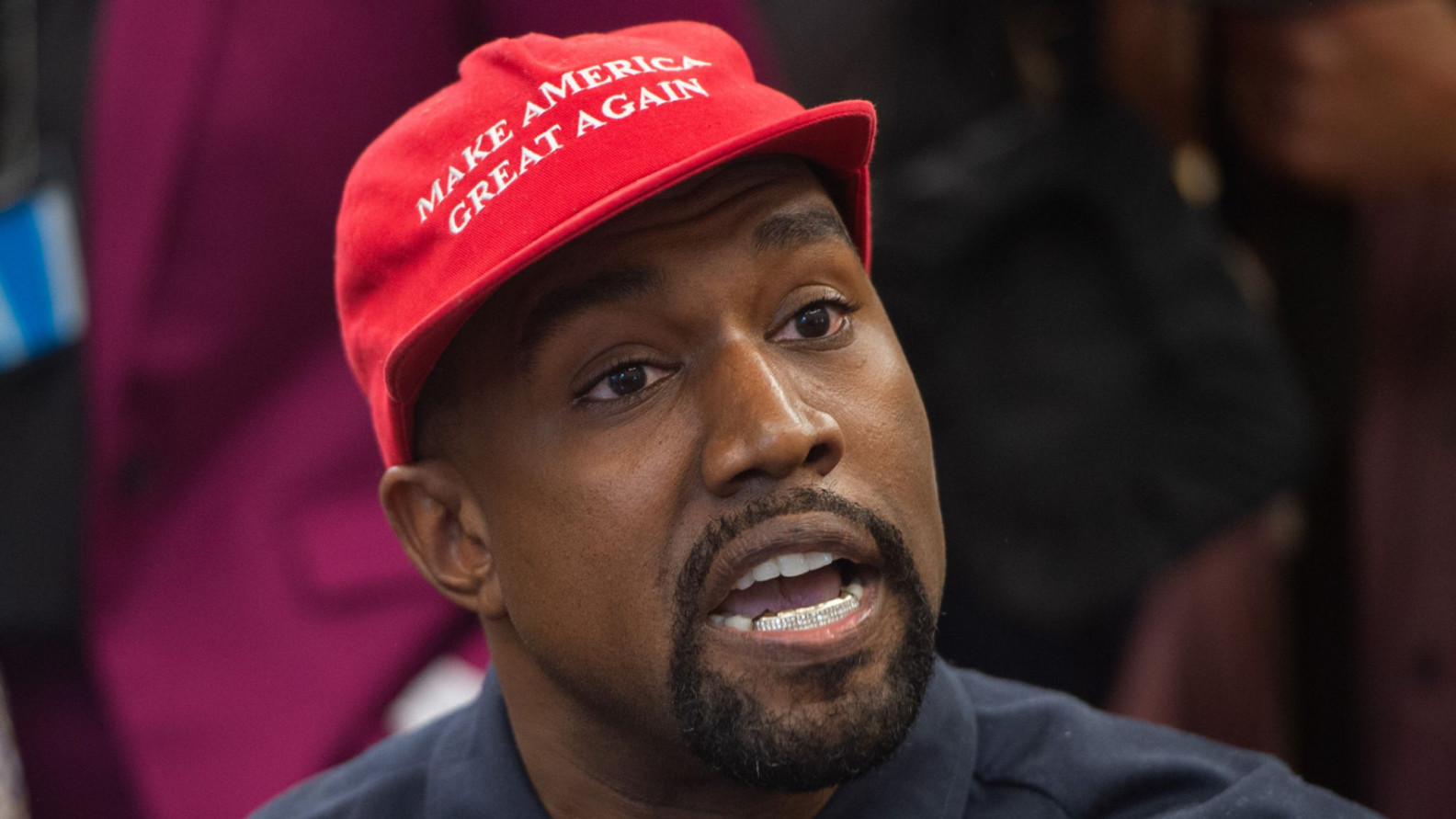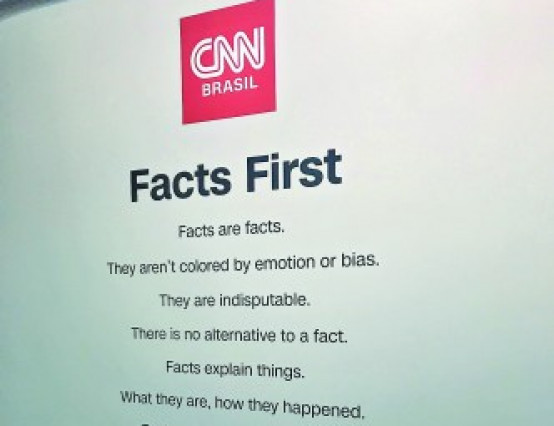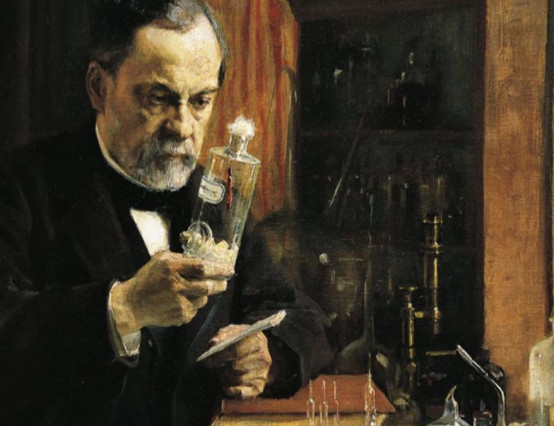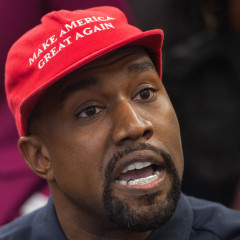Recently hip-hop artist and mogul Kanye West made waves by announcing he is running in this year’s election for President of the United States of America-yeah, really... West actually declared he planned to run for President in the 2020 election during the 2015 MTV Video Music Awards and has spoken frequently about a potential campaign over the last 5 years. Kanye made his announcement on the 4th of July via Twitter, “I am running for president of the United States! #2020VISION”. The announcement received over a million likes in 24 hours, trending No.1 on Twitter, and receiving co-signs from public figures such as Elon Musk.
There has since been mixed news about West apparently dropping out, others saying he’s still in. But regardless of whether Ye actually does run, does he even stand a chance of winning? Nathan L. Gonzales, editor of Inside Elections, a nonpartisan publication that covers House Senate, gubernatorial, and presidential campaigns, said of Kanye’s announcement, for Complex, “Right now, this is not a campaign, this is a tweet about a potential campaign [...] The timeline is working against him. And that’s even before we get to the question of if there’s even an electorate who wants him to be president of the United States.” Do Americans want Kanye West to be President? Well I imagine America are probably gagging for something other than Trump’s administration, but to answer whether Kanye would be elected, one must first analyse the state of politics in 2020.
Politicians painstakingly sculpt their personalities in order to optimise their appeal to voters. French Marxist Philosopher Guy Debord in his 1967 ‘la société du spectacle’ (‘The Society of Spectacle’ in English) warns of a culture driven entirely by image, a world in which people are more concerned with how they are perceived rather than how they actually are, a society fundamentally altered by the power of ads that perverts reality so that the only thing that matters is the projection of a specific representation, where we are all preoccupied with managing and curating our image. The content of these images is inconsequential, all that matters is how much attention it demands, and as the phrase goes, there is no such thing as bad publicity.
This image is always communicated through media (though not the same one Debord was writing about in the 60s). We live in a time where we are saturated with so many images, endless blogs, websites, TV channels, etc. and as a result there is a cutthroat chase to gain the most amount of attention, and political news has to compete in this same realm. How can the rather dry nature of politics contend with the vast and exciting expanse of the Internet and its endless source of entertainment? Answer: make it more entertaining. This is best evidenced in the 2016 election onwards, politics became more and more like a spectator sport, we find ourselves in a media landscape where spectacle is a proven vehicle to success. Since political news is almost always consumed via media outlets, the line between politics and entertainment is blurring, especially when we have a reality TV star in the form of Trump in the White House, so why couldn’t a celebrity like Kanye do the same?
Especially when one takes into account French Philosopher Francois Debrix’s ‘Tabloid Realism’ - a form of politics structured around easy headlines and common sense dialogue. This is exactly what Trump pioneered in America, using his lingo and simple language, his ‘fake news’ and ‘kung flu’. Debrix says that people don’t want to hear or read of their poor conditions, they want glamorous stories, scandals, exceptional events: news they can build dreams on or fuel hatred of off. Simply put, people want to be entertained, and I suppose more generally, distracted. So if we are primed to love spectacle, why not go with the most spectacular candidate? The thing that sells best in the spectacle driven society is distraction, it doesn’t matter whether facts are true, as long as they provide an exciting and entertaining narrative. Entertainment used to be a distraction from the serious nature of our political lives, but now politics has become a parody of itself and reflects a greater truth. Or as Debord puts it, “In a topsy-turvy world, the true is a moment of the false.” In other words, the greater truth reflected by the modern state of politics is that in our image driven society, we don’t want truth.
We consume a projected image of what we desire to be true, we would rather vote for someone who embodies a reality we wish were true, and that world isn’t necessarily the best world, but rather the most dramatic and entertaining one, and we pick this candidate over the person who accurately reflects the reality of politics.
Politics has its roots in the Greek word ‘Politikos’, which means of or pertaining to the ‘Polis’ (the city state or community), and as such, politics concerns a community of citizens and their everyday interaction. Aristotle believed that civic participation isn’t just a duty, but the very thing that defined human beings as being apart from animals. As political animals, or as Aristotle put it ‘Zoon Politikon’, humans are endowed with ‘Logos’, the ability to use reason and speech. More and more we seem to be animals that crave distraction, and politics is becoming just another way to get there, and that’s what Kanye offers.
But one question always seems to arise in regards to Kanye West: Is Kanye a victim of a warped sense of self or a menacing Egomaniac?
Sociologist Charles Cooley argued that the self is created through a process of interaction with others. We are not automatically who we are in our present, rather we construct a ‘looking glass self’ where we become ourselves by mirroring how we appear to others. The way people respond to our actions conditions our behaviour, society serves as a mirror that reflects who we are back at us. The shame, guilt, anger, acceptance, or displeasure that we feel reflected back on us determines the self. But for a celebrity, such as Kanye, self-image is a little different, its as if the reflection is given by a funhouse mirror - through things like the paparazzi and pop culture. The media creates a sort of self awareness that grows from that distorted reflection and by having your identity reflected back at you through newspapers, press conferences, and social media, a media self is formed, one that may do crazy things like run for President of the US.
This warping of one’s sense of self was the topic of a study by Ethnographers Patricia and Peter Adler who observed basketball players. Over the course of 5 years, the Adlers found that as the players they studied were met with more and more fandom, they changed into the role that they played for the camera, they became a caricature, inhabiting the hype around them. The basketballers developed a sort of glorified self, a self-aggrandizing persona swept up by the intoxicating nature of fame, for Kanye we could call this his ‘Yeezus’ persona.
Living life in the public eye creates an antagonistic split between being your actual self regardless of the complexity of it or the media self and the rush of that persona. Basketballers have a coach to keep them in check, but there is no one to limit Kanye or Yeezy from...say...running for President. One could argue that Kanye’s parents, specifically his mother, were his coach. When they were alive, he was playing a persona he wanted them to see, but once they died he changed, and didn’t care anymore. Arguably even Kanye’s obsession more recently with Christianity, creating gospel music and producing his 2019 album ‘JESUS IS KING’, is an attempt to find a proverbial coach to separate his media and true self from each other, if you are inclined to believe that Kanye suffers from a warped sense of self (further evidenced by his bipolar disorder).
American Sociologist Erving Goffman suggested we are all just actors trying to control and manage our public image - we act based on how others might see us. We act to avoid public embarrassment, the people we meet are not who they seem, and all are performing to maintain damage control. Goffman would most likely say that Kanye adores his media self, and that that’s the persona he wants us to see.
On the other hand, Johann Kaspar Schmidt (better known as Max Stirner), in his ‘The Ego and His Own’, would most likely argue that Kanye’s media self is just his true self, that’s exactly what he’s like in reality. Stirner sets up the philosophy of Egoism. Rather than a base of simple self-interest, he argues Egoism is formed on self-governance or personal freedom without internal or external constraints. Giving up your own personal ends amounts to unfreedom, whether that means listening to your parents, repressing desires due to religious beliefs, or, in the case of Kanye, following polite customs at award shows (one of Kanye’s most contentious scene was when he ruined Taylor Swift’s award moment at the VMAs). Each instance for an Egoist, is an example of being a slave for someone else’s ends. To be a slave to principles like family, God, or government is to devalue oneself, the Egoist lives in a relationship with property with people and objects, everything exists for the individual, and they ought to have unlimited ownership over the world; one dreads to think that Kanye becoming President is the beginning of his plan for world domination. But this sort of thought process is not unfamiliar to Kanye, who has often called himself a God, take for example his song ‘I Am A God’ off his 2013 album
This almost Hedonistic lifestyle related to Egoism often justifies lying, cheating, arrogance, stealing and so on. Most would say that this is immoral but Stirner believes an Egoist doesn’t care what anyone else thinks, and so speaks their mind freely, such as when Kanye said on a Red Cross ad totally unprovoked, “George Bush doesn’t care about black people” or when he said that slavery was “a choice” or more recently that renowned abolitionist Harriet Tubman, “never actually freed the slaves”.
In a hypothetical world where Kanye West became President of the USA, it would not be for any political prowess or ability to debate or reason, nor would it be that the electorate actually agreed with his views and opinions on topics such as abortion or slavery, but simply for the fact that having such an infamous character as Yeezy in the White House would be entertaining and give a dramatic reality to distract us from the dark reality of the world, a world where the people don’t want to know, they don’t want to see, they don’t want the truth, they want a beautiful dark twisted fantasy.









0 Comments